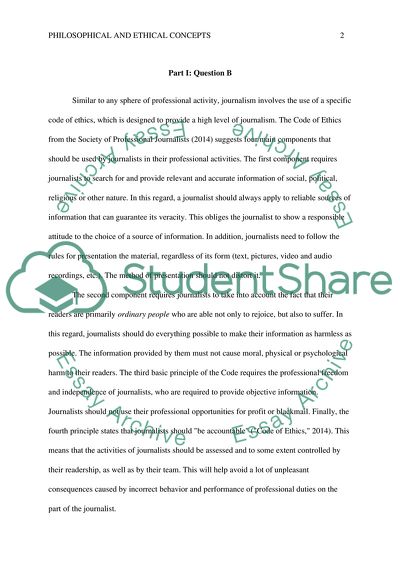Cite this document
(Philosophical and Ethical Concepts Essay Example | Topics and Well Written Essays - 1500 words, n.d.)
Philosophical and Ethical Concepts Essay Example | Topics and Well Written Essays - 1500 words. https://studentshare.org/philosophy/1843472-philosophical-and-ethical-concepts
Philosophical and Ethical Concepts Essay Example | Topics and Well Written Essays - 1500 words. https://studentshare.org/philosophy/1843472-philosophical-and-ethical-concepts
(Philosophical and Ethical Concepts Essay Example | Topics and Well Written Essays - 1500 Words)
Philosophical and Ethical Concepts Essay Example | Topics and Well Written Essays - 1500 Words. https://studentshare.org/philosophy/1843472-philosophical-and-ethical-concepts.
Philosophical and Ethical Concepts Essay Example | Topics and Well Written Essays - 1500 Words. https://studentshare.org/philosophy/1843472-philosophical-and-ethical-concepts.
“Philosophical and Ethical Concepts Essay Example | Topics and Well Written Essays - 1500 Words”. https://studentshare.org/philosophy/1843472-philosophical-and-ethical-concepts.


